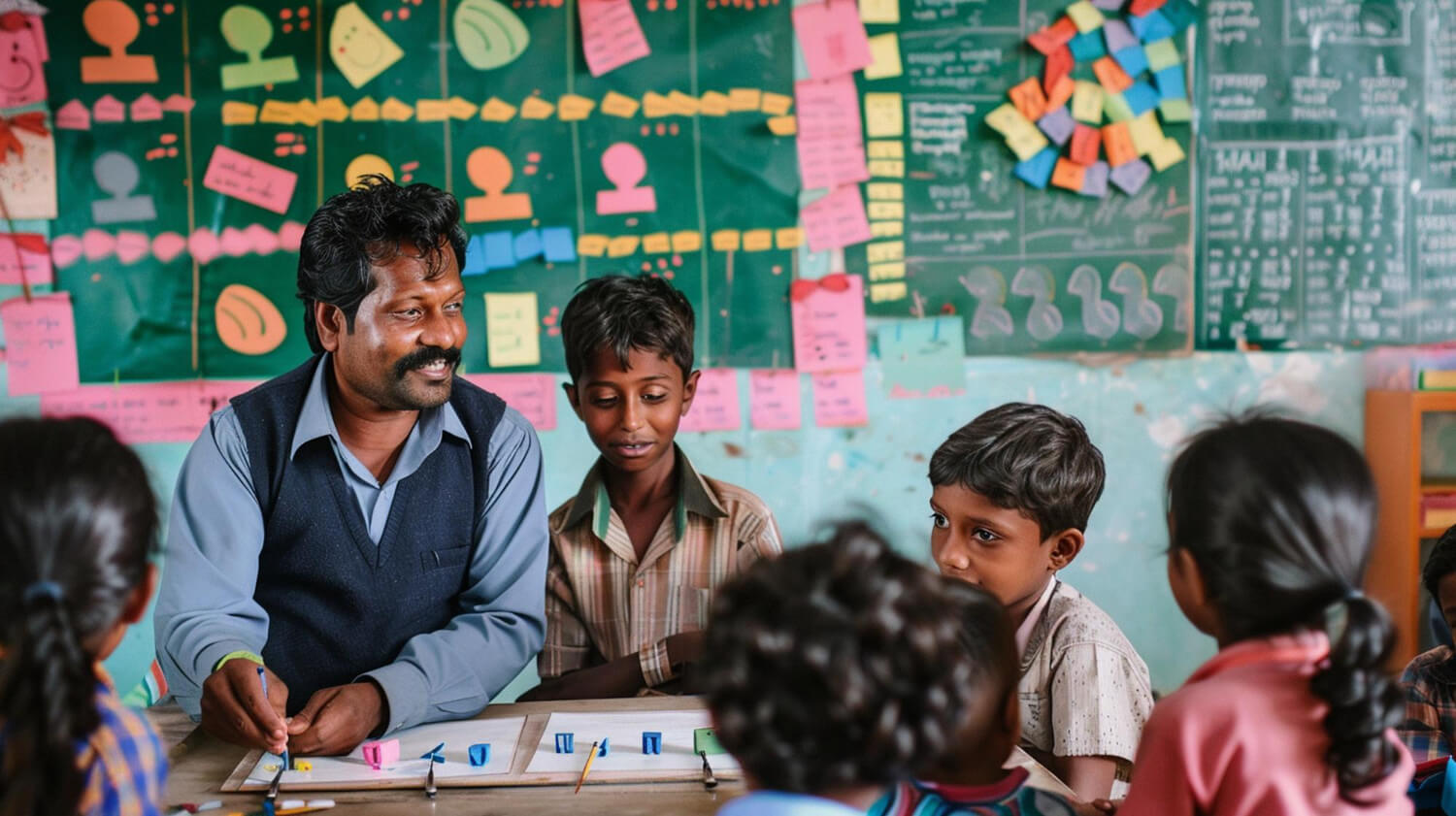



A quiet crisis is brewing across India’s campuses. It doesn’t make daily headlines, but its consequences are everywhere—from jobless engineering graduates to the lack of trained technicians in hospitals and homes. The irony is stark: the more educated we get, the harder it becomes to find work. Not because we aren’t smart enough, but because we’ve been taught what no one needs.
Even in our premier institutions—yes, including the hallowed IITs—there is a growing disconnect between what is taught and what the economy demands. A glance at the course offerings is revealing. You’ll find niche programs like “Ocean Engineering and Naval Architecture,” “Textile Technology,” or even “Metallurgical and Materials Science”—all worthy disciplines in their own right, but producing hundreds of graduates every year with few real-world openings. Meanwhile, industries are starved for skilled technicians, paramedics, data analysts, and service professionals who can keep up with fast-changing technologies and societal needs.
The problem isn’t education. It’s misalignment. Our system continues to value theory over practice, text over task, and memorisation over mastery. We still reward a high GPA over high employability. The result? A swelling population of degree-holders who are not job-ready, and job sectors crying for manpower that doesn’t exist.
Let’s take a real-world example. Visit any new housing development in India. The house may look impressive at first glance—great elevation, granite counters, imported tiles. But start using the space, and the problems become obvious. Switchboards placed behind doors, water pipes that mysteriously leak, power backups that short out during the first monsoon. All of this with an architect’s stamp and a civil engineer’s signature. Why? Because professional training in basics like plumbing, electrical layout, HVAC planning or energy efficiency is either absent or left to on-the-job guesswork. We train our top engineers to do coding or prepare for UPSC, but not to ensure a building has proper drainage or emergency systems.
Then look at India’s healthcare infrastructure. There’s a rising demand for para-medical technicians—X-ray operators, ECG assistants, dialysis technicians, lab staff. These are essential roles, the backbone of any efficient health system. Yet, the number of accredited institutions offering focused, modern training in these fields is abysmally low. In many districts, there’s not even one proper institute for such courses. Hospitals are hiring undertrained personnel out of desperation. Patients suffer, outcomes are poorer, and a real chance to build both careers and care systems is lost.
This is the core issue: We have confused education with employment. A degree is not a livelihood. It is a tool—and it must be sharpened for the task at hand. Today’s global and domestic job markets need agility, adaptability, and applied intelligence. Not long-winded dissertations on thermodynamic principles, but professionals who can manage a solar panel grid. Not just chapters on anatomy, but trained hands who can support ICU staff in emergencies.
The tragedy is not just that students are chasing outdated syllabi. It’s that families are investing years and money into education systems that do not deliver returns. And worse, they carry a social stigma against vocational training. We still see a B.A. or B.Sc. degree as superior to a professional certification in, say, MRI technology or energy auditing—even though the latter is more likely to fetch employment and income.
India has the bones of a great education system—volume, talent, and ambition. What it lacks is direction. The government and higher education regulators must act urgently. Review and sunset courses that have no clear pathway to employment. Offer incentives for institutions to launch skilling programs aligned to real job openings. Encourage polytechnics, vocational training centres, and public-private models that deliver outcomes, not just qualifications. Above all, create national awareness campaigns to restore dignity to hands-on jobs and erase the myth that skill-based education is a second-best choice.
The future won’t be built by degrees alone. It will be built by people who can solve problems, fix systems, and run operations that matter. And that needs a shift—not just in curriculum, but in our collective mindset.
It’s time we stopped asking: “What degree do you hold?” And instead asked: “What can you do?”